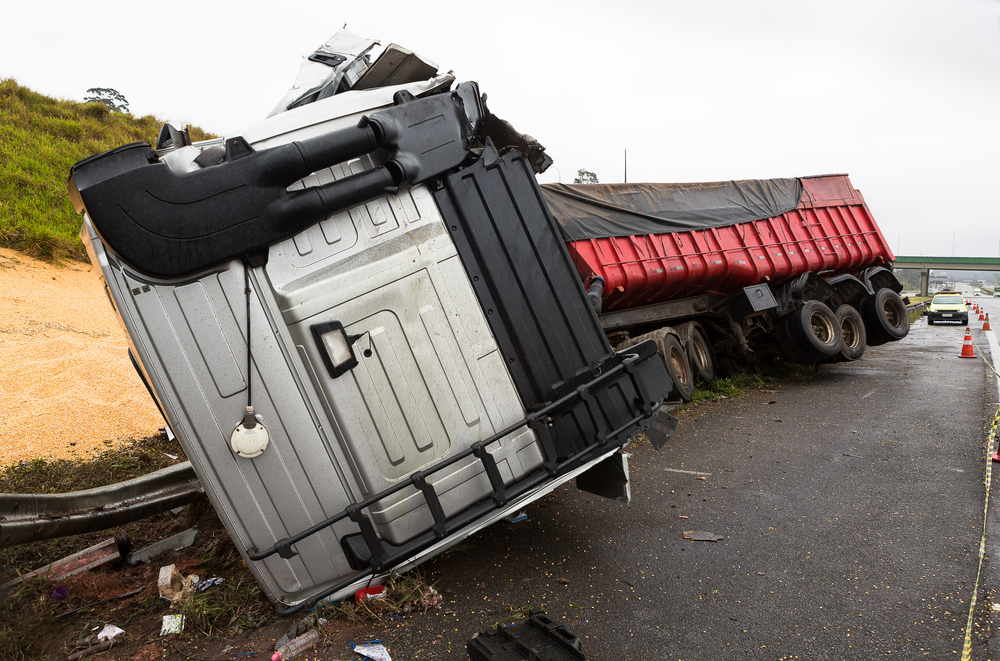Truck Accidents Vs Car Accidents
Truck Accident Lawyer
While our society thrives largely in part to truck deliveries, a truck accident can be very fatal. Due to their size and weight, trucks pose a greater risk to other vehicles and their occupants when involved in accidents. In this blog post, we will explore five key reasons why truck accidents are more deadly than car accidents. Understanding these factors can help raise awareness about the dangers associated with trucks and promote safer driving practices.
1. Size and Weight Disparity:
Trucks are simply much bigger than other automobiles, especially cars. Trucks, especially commercial ones, can weigh up to 80,000 pounds, while the average car weighs around 4,000 pounds. In a collision between a truck and a car, the car occupants are at a severe disadvantage due to the sheer force exerted by the truck. This size and weight difference increases the likelihood of catastrophic injuries or fatalities for those in smaller vehicles.
2. Longer Stopping Distance:
For coming to a complete stop, trucks require much more time and stopping distance than other vehicles. Due to their size and weight, trucks have a much greater momentum, making it harder for them to brake quickly. This longer stopping distance can result in rear-end collisions, especially when cars abruptly slow down or stop in front of a truck. The limited ability of trucks to stop promptly increases the risk of severe impacts and extensive damage, further contributing to the deadliness of truck accidents.
3. Limited Maneuverability:
Maneuverability-wise, trucks are much more restricted than cars. They require more space and time to make turns, change lanes, or navigate through tight spaces. This reduced maneuverability can lead to accidents, particularly in situations where trucks need to react quickly to sudden changes in traffic patterns or road conditions. Their limited ability to swerve or avoid obstacles increases the likelihood of collisions, making truck accidents more dangerous than car accidents.
4. Fatigue and Driver Error:
Long-haul truck drivers often face demanding schedules, tight deadlines, and extensive hours on the road. While truck drivers are professionals, problems like driver fatigue can still happen. Driver fatigue can impair judgment, reaction time, and overall performance behind the wheel. Fatigued truck drivers are more prone to making errors, such as drifting into other lanes, failing to notice smaller vehicles, or falling asleep at the wheel. These driver errors, coupled with the size and weight of trucks, make accidents with trucks more deadly than those involving cars.
5. Cargo and Load Factors:
The main responsibility of a trucker is hauling cargo—including hazardous materials. In the event of an accident, the cargo or materials can exacerbate the severity of the collision. Spilled cargo can create additional obstacles on the road, leading to secondary accidents or pile-ups involving multiple vehicles. Moreover, hazardous materials can pose an increased risk of fires, explosions, or environmental contamination, further increasing the potential for severe injuries or fatalities in truck accidents.
Truck accidents are undeniably more deadly than car accidents due to several factors. The size and weight disparity, longer stopping distances, limited maneuverability, driver fatigue, and the influence of cargo and load factors contribute to the increased danger associated with truck accidents.

Tell Us About Your Case

